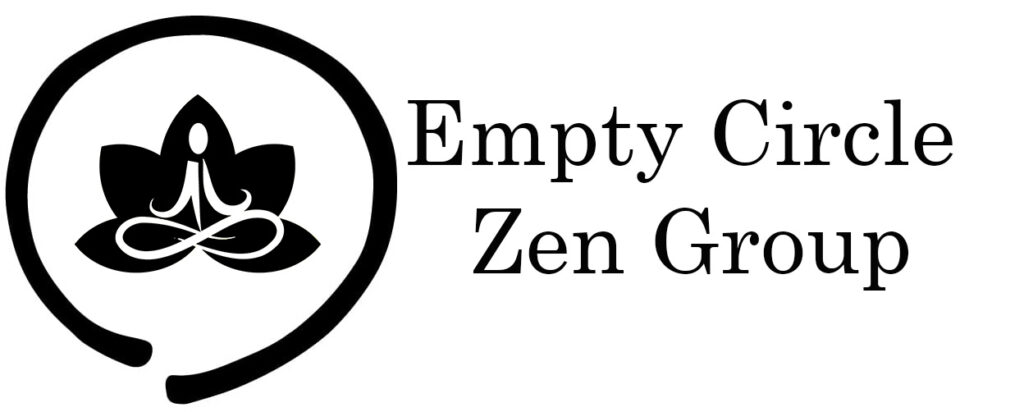What is Karma, and Why Does It Matter?
Karma means “action” and refers to the law of cause and effect: every action creates an outcome. This principle encourages mindfulness in how we think, speak, and act. While often misunderstood as punishment or reward, karma is neutral, emphasizing the power of intentionality. Recognizing this, we can take control of our actions to cultivate more positive outcomes in life.
Understanding Wholesome, Unwholesome, and Neutral Karma
Actions can be categorized as:
- Wholesome Karma: Acts of kindness, generosity, and mindfulness. These lead to positive experiences and inner peace.
- Unwholesome Karma: Harmful actions like anger, dishonesty, or selfishness. These sow seeds of tension and negativity.
- Neutral Karma: Routine actions that neither help nor harm but carry potential depending on intention.
For instance, consider offering a compliment. When done sincerely, it creates wholesome karma by fostering connection. However, if it’s insincere, it might foster distrust, leading to unwholesome effects.
How Karma Shapes Our Current and Future Experiences
Karma works like planting seeds. Positive actions create fertile ground for happiness, while negative ones lead to stress and discord. Think of a time when an act of kindness returned to you unexpectedly—that’s wholesome karma in action. Likewise, moments of impatience or frustration often lead to tension, perpetuating cycles of negativity.
Breaking the Cycle of Negative Karma
Breaking free from negative karma requires intentional effort. Start by identifying unwholesome patterns, such as snapping at loved ones when stressed. Replace these with conscious, wholesome actions, like taking a moment to breathe before responding. Over time, small shifts create powerful, positive changes.
Practical Steps to Cultivate Positive Karma in Everyday Life
- Practice Kindness: Small acts, like holding a door or offering a kind word, generate positivity.
- Reflect on Intentions: Before acting, ask, “Will this bring peace or harm?”
- Be Honest: Truthful communication builds trust and strengthens relationships.
- Show Gratitude: Expressing thanks creates a cycle of appreciation and generosity.
- Engage in Mindful Practices: Meditation and reflection help align actions with values.
Mindfulness and Karma: Building Awareness Around Your Actions
Mindfulness is the bridge between intention and action. By staying present, you can observe your thoughts and emotions before they lead to reactive behaviors. For example, during a tense moment, pausing to reflect on your reaction helps prevent negative karma and fosters a calmer response.
Real-Life Examples: Karma at Work, Home, and Relationships
- At Work: Helping a colleague in need fosters collaboration, creating a positive work environment.
- At Home: Apologizing after a disagreement diffuses tension and promotes harmony.
- In Relationships: Active listening shows respect and strengthens emotional bonds.
How Meditation Can Help You Align With Positive Karma
Meditation trains the mind to observe thoughts and actions without judgment. Regular practice helps identify habits that may lead to unwholesome karma and cultivates clarity to choose positive responses. Try a simple meditation:
- Sit comfortably and focus on your breath.
- Reflect on your actions from the day—what brought peace, and what created stress?
- Set an intention to act with kindness and mindfulness.
Start Cultivating Positive Karma Today
Karma isn’t about perfection; it’s about progress. By becoming mindful of your actions and intentions, you can break cycles of negativity and create a life filled with peace, balance, and purpose. Take five minutes today to reflect, meditate, and choose one positive action. Each small step plants the seeds for a brighter, more fulfilling future.
Author
-

David Schmelzer is a Dharma teacher known for his compassionate and accessible approach to mindfulness and spiritual growth. Drawing on years of experience in both Eastern and Western contemplative traditions, David guides students toward cultivating inner peace, resilience, and a deeper connection to the present moment. He is committed to fostering a welcoming space for all, blending ancient teachings with insights for modern life. Through his teachings, David encourages the development of equanimity and compassion, empowering individuals to embrace life’s challenges with a calm mind and an open heart.
View all posts


